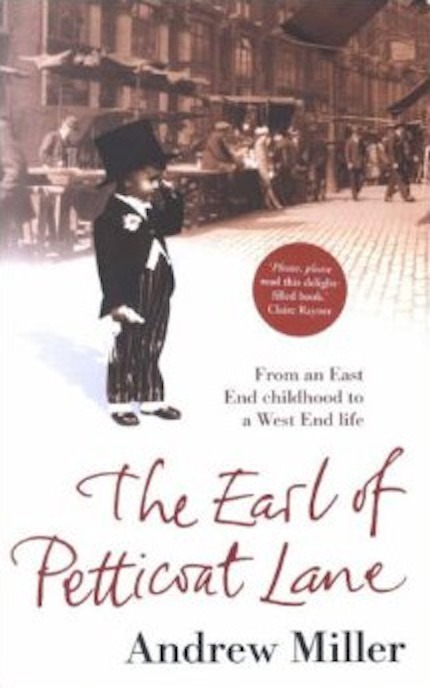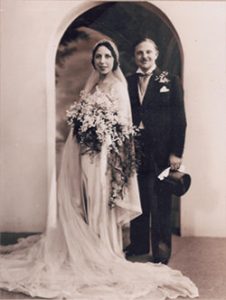
![]()
Henry Freedman met Miriam Claret in February 1929, when he was twenty-two and she eighteen; he was a barrow boy, she a milliner’s apprentice. They were raised in east London, but their families had emigrated from Eastern Europe, and they were not to end their lives in the East End.
From a market stall on Petticoat Lane, their story led to a life lived among Astors and Parker-Bowleses, a grand flat on Regent’s Park, and a world of Court, club and charity balls – a very English world, albeit one that today seems almost as alien as the now-vanished Yiddish enclave of  the East End and the lost Jewish communities of Eastern Europe. As they changed their lives, and as evacuation, the Blitz and the humdrum heroisms of the war were followed by victory, so also did London change, and British society as a whole.
the East End and the lost Jewish communities of Eastern Europe. As they changed their lives, and as evacuation, the Blitz and the humdrum heroisms of the war were followed by victory, so also did London change, and British society as a whole.
A.D .Miller’s compelling family history tells, elegaically but without nostalgia, of London’s many faces. It is a story of immigration and Anglicisation, of the significance of race and class and language and accent, of how it has been possible for people in Britain to change themselves and their lives, and the limits of how much they can do so.
“All in London is quiet, and it does not seem possible that something is wrong. I am on duty tonight and I shall be thinking of you all the time. I could keep on writing to you all night but you must already know what I want to say, and how much you mean to me.”